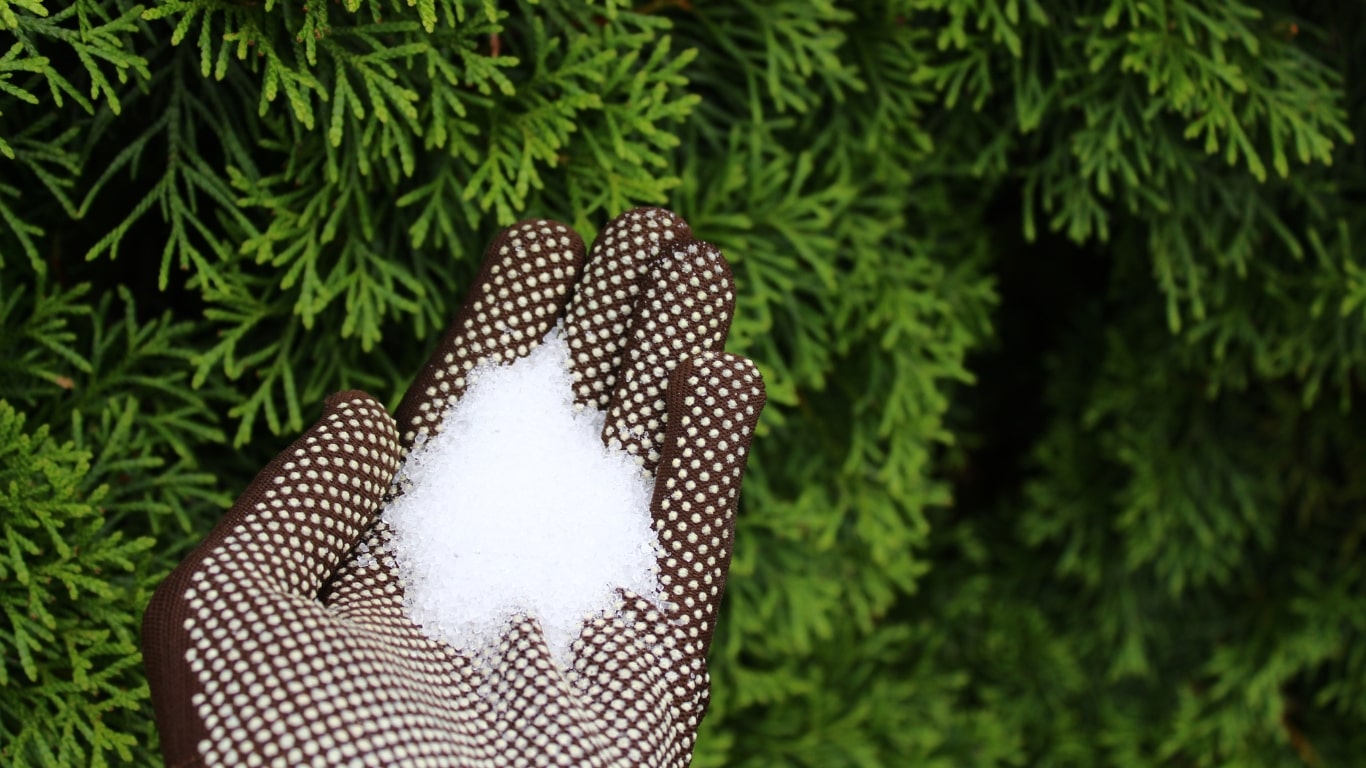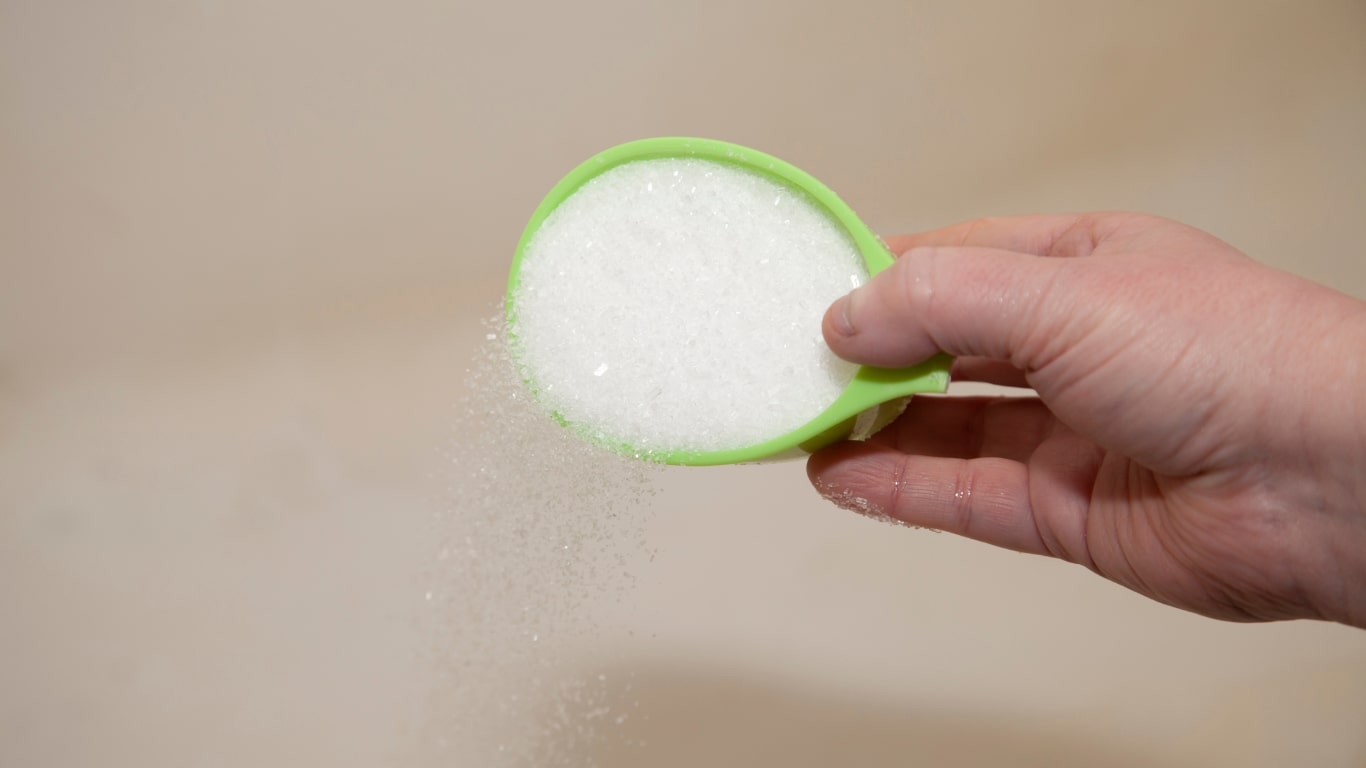
Introduction
Epsom salt, a naturally occurring mineral compound of magnesium sulfate, has been a staple in household remedies and gardening practices for centuries. Unlike the common table salt (sodium chloride), Epsom salt is a blend of magnesium, sulfur, and oxygen, which contributes to its unique properties. It is named after the town of Epsom in England, where it was first discovered. While Epsom salt is often lauded for its therapeutic benefits for humans, its role in plant care is equally notable. This article delves into the science, benefits, applications, and considerations of using Epsom salt in gardening.
The Science Behind Epsom Salt
Epsom salt is chemically known as magnesium sulfate (MgSO₄). Both magnesium and sulfur are essential nutrients for plant growth, playing crucial roles in various physiological processes:
- Magnesium: This element is a central component of chlorophyll, the molecule responsible for photosynthesis. Without sufficient magnesium, plants cannot effectively capture sunlight to produce energy. Additionally, magnesium plays a role in enzyme activation, protein synthesis, and the transportation of other essential nutrients within the plant.
- Sulfur: Sulfur is vital for the synthesis of amino acids, proteins, and enzymes. It also contributes to the production of vitamins and improves the overall health of the plant by enhancing its resistance to diseases.
Benefits of Epsom Salt for Plants
Epsom salt offers several potential benefits when used appropriately in gardening:
- Improved Nutrient Uptake: Magnesium aids in the absorption of key nutrients like nitrogen, phosphorus, and potassium. By ensuring that these nutrients are adequately absorbed, Epsom salt can promote healthier and more vigorous plant growth.
- Enhanced Photosynthesis: As magnesium is a core component of chlorophyll, the application of Epsom salt can lead to increased photosynthetic efficiency. This, in turn, results in greener, more lush foliage.
- Better Flowering and Fruit Production: Epsom salt can improve blooming and fruiting by addressing magnesium deficiencies that often result in poor flower and fruit development. This is particularly beneficial for flowering plants, fruits, and vegetables like tomatoes, roses, and peppers.
- Disease Resistance: Sulfur plays a role in strengthening a plant’s immune system, making it more resistant to common diseases and pests.
- Soil Health: In soils with low magnesium content, adding Epsom salt can help balance the nutrient profile, improving overall soil fertility.
Applications of Epsom Salt in Gardening

Epsom salt can be used in various ways depending on the type of plant, the condition of the soil, and the specific needs of your garden. Here are some common methods of application:
1. Soil Amendment
Before planting, Epsom salt can be added directly to the soil to improve its magnesium content. For general garden use, a rate of 1 tablespoon of Epsom salt per square foot of soil is recommended. This can be mixed into the top 6 inches of soil to ensure even distribution.
2. Fertilizer Supplement
Epsom salt can be used as a supplemental fertilizer during the growing season. For established plants, dissolve 1 tablespoon of Epsom salt in a gallon of water and apply this solution to the base of the plants every two to four weeks. This method is particularly effective for tomatoes, peppers, and roses.
3. Foliar Spray
Foliar feeding allows plants to absorb nutrients through their leaves, providing a quick remedy for nutrient deficiencies. To create a foliar spray, dissolve 1 tablespoon of Epsom salt in a gallon of water and spray the solution directly onto the leaves. This should be done in the early morning or late evening to prevent leaf burn from the sun.
4. Seed Germination
Epsom salt can aid in seed germination by providing essential nutrients that enhance the development of seedlings. Soaking seeds in an Epsom salt solution before planting can give them a stronger start. A typical ratio is 1 teaspoon of Epsom salt per gallon of water.
5. Potted Plants
For potted plants, Epsom salt can help address nutrient deficiencies that are common in confined soil environments. A monthly application of 2 tablespoons of Epsom salt mixed with a gallon of water can keep potted plants healthy and vibrant.
Specific Plant Applications of Epsom Salt
Some plants respond exceptionally well to Epsom salt. Here are a few examples:
1. Tomatoes
Tomatoes are heavy feeders that require a lot of magnesium for proper fruit development. Epsom salt can help prevent blossom end rot and promote larger, juicier fruits. Apply 1 tablespoon of Epsom salt around the base of each plant every two weeks during the growing season.
2. Peppers
Like tomatoes, peppers also benefit from the added magnesium provided by Epsom salt. Regular applications can improve fruit production and overall plant vigor.
3. Roses
Roses are known for their beautiful blooms, and Epsom salt can enhance both the size and color of the flowers. A monthly application of 1 tablespoon of Epsom salt per foot of plant height, sprinkled around the base of the plant, is recommended.
4. Houseplants
Indoor plants, especially those prone to yellowing leaves (a sign of magnesium deficiency), can benefit from Epsom salt. A foliar spray every few weeks can help keep leaves green and healthy.
Considerations and Precautions using Epsom Salt
While Epsom salt can be beneficial, it’s important to use it correctly to avoid potential issues:
- Soil Testing: Before applying Epsom salt, it’s wise to conduct a soil test to determine the magnesium levels. Over-application can lead to nutrient imbalances, particularly if the soil already has sufficient magnesium.
- Overuse: Excessive use of Epsom salt can cause salt build-up in the soil, which can be detrimental to plant health. It can also interfere with the uptake of other essential nutrients, such as calcium and potassium.
- Plant Sensitivity: Not all plants respond positively to Epsom salt. Some plants, especially those adapted to low-magnesium soils, may not need additional magnesium and could suffer from over-fertilization.
- Environmental Impact: While Epsom salt is generally safe for the environment, excessive use can contribute to water runoff that may affect local waterways. Always use the minimum effective dose.
Frequently Asked Questions
Which plants do not like Epsom salt?
Certain plants, particularly Mediterranean herbs like sage and rosemary, as well as those adapted to low-magnesium soils, may not benefit from Epsom salt and could suffer from over-fertilization if it is applied unnecessarily.
How much Epsom salt is in 1 liter of water for plants?
A common recommendation for plant care is to mix 1 teaspoon of Epsom salt in 1 liter of water.
Can I sprinkle Epsom salt around my tomatoes?
Yes, you can sprinkle Epsom salt around your tomatoes. It’s often used to prevent magnesium deficiency, with about 1 tablespoon applied around the base of each plant every two weeks during the growing season.
Does Epsom salt lower pH in soil?water
No, Epsom salt does not lower the pH of soil; it is pH neutral and does not acidify the soil.
Purchase Epsom Salt for Plants
When it comes to nurturing your plants with Epsom salt, quality and purity are essential for the best results. At our shop, we offer premium-grade Epsom salt specifically ideal for gardening and plant care. Rich in magnesium and sulfate, our Epsom salt helps enhance nutrient absorption, promote lush growth, and improve flowering for a variety of plants, including vegetables, roses, and houseplants. Whether you’re an avid gardener or a plant enthusiast, our Epsom salt is easy to apply and perfect for giving your plants the boost they need. Shop now to buy Epsom salt online at unbeatable prices and see the difference it can make in your garden!
Conclusion
Epsom salt is a versatile and valuable tool in gardening, offering a natural and affordable way to address magnesium and sulfur deficiencies in plants. When used correctly, it can enhance plant health, improve flowering and fruiting, and contribute to overall soil fertility. However, like any gardening practice, moderation and careful consideration are key to ensuring that your plants thrive without unintended side effects. By understanding the specific needs of your garden and applying Epsom salt appropriately, you can harness its benefits to create a more vibrant and productive garden.
